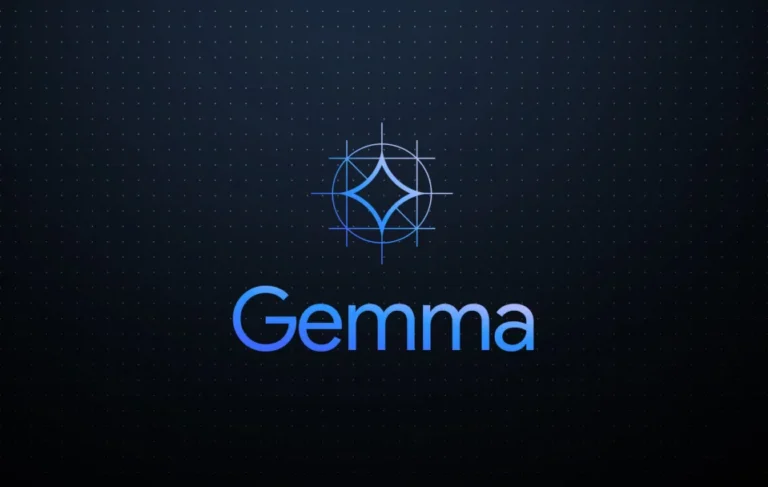The same technology that powers Google’s Gemini AI models was used in its design.
An open artificial intelligence model known as Gemma has been made available by Google. The company claims that it was developed with the same research and technology that was utilized in the construction of its Gemini AI models. The company claims that Gemma is their contribution to the open community and that it is designed to assist developers “in building AI responsibly.” Alongside Gemma, it also presented the Responsible Generative AI Toolkit as a result of this. The software includes a debugging tool in addition to a handbook that provides best practices for the development of artificial intelligence based on Google’s experience.
Both the Gemma 2B and the Gemma 7B come with pre-trained and instruction-tuned variations, and both are lightweight enough to run directly on a developer’s laptop or desktop computer. The business has made Gemma available in two different sizes, called Gemma 2B and Gemma 7B. When it comes to most important benchmarks, Google claims that Gemma outperforms far larger models, and that both sizes of the model outperform other open models that are currently available.
Gemma models were educated to be safe in addition to being powerful due to their extensive training. In order to ensure that Gemma’s instruction-tuned versions exhibit responsible behaviors, Google utilized automated approaches to remove personal information from the data that it used to train the models. Additionally, the company utilized reinforcement learning that was based on human feedback at the same time. It is possible for businesses and independent developers to use Gemma to design apps that are powered by artificial intelligence, particularly in the event that none of the open models that are now accessible are powerful enough for what they intend to build.
Additionally, Google intends to launch additional Gemma variations in the future, which will allow for an even wider variety of apps to be developed. With that being stated, anyone who are interested in beginning their work with the models immediately can gain access to them by using the data science platform Kaggle, the company’s Colab notebooks, or by utilizing Google Cloud.

